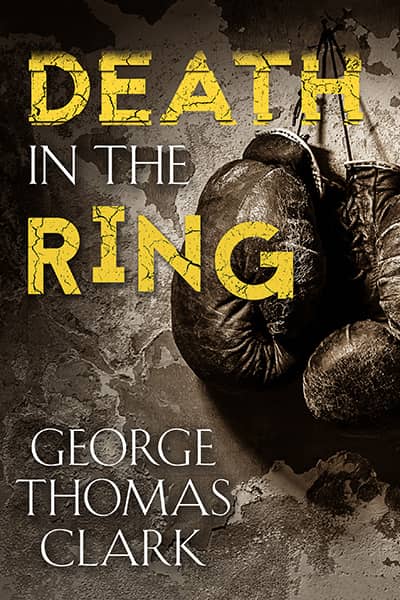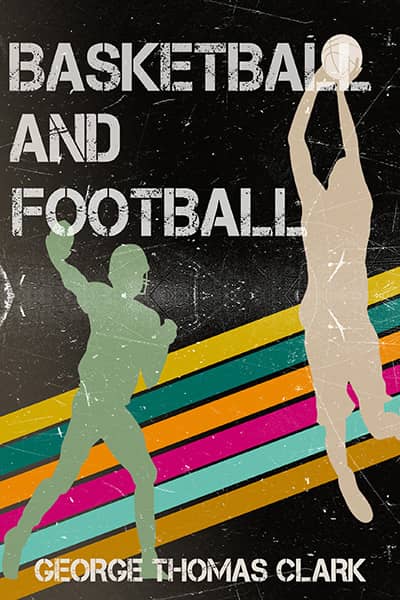Taxi Tips In Mexico City
August 14, 2007
In order to help you avoid being overcharged, introduced to sexy but unscrupulous companions, ensnared in business ventures by smooth talkers, or kidnapped and robbed, I have compiled a nearly foolproof list of advice about how to deal with Mexico City taxi drivers, who, during my several trips to this magnetic metropolis, have been unsuccessful in most of the efforts mentioned above and described below.
At the Airport – Arriving clear-eyed and energetic at this bustling hub of transportation in July, I was greeted by a cherubic young man impressively attired in suit and tie and an official, plastic-sealed identification badge hanging from his neck by a cord that matched his suit. He stepped up, took both my bags and in Spanish said, “Welcome, sir. This way for a special taxi.”
I’d never been offered such immediate courtesy and convenience in an airport, and happily followed him away from the crowd to parts of the facility unfamiliar to me, and climbed some stairs leading to an almost-deserted hall then down more seldom-used stairs and outside to a back street with many parked cars but few moving.
“Where’s the front of the airport?” I asked, thankful there was still some light at sundown.
“We have the best service.”
He opened his trunk, put my bags inside, and closed the lid.
“How much to go the Hotel Maria Cristina?”
“Four hundred pesos,” he said. (About $40)
“That’s ridiculous. I was here last year and paid a third of that.”
“Prices increase,” he said, stepping to open the driver door and retrieving an official, plastic-sealed list of prices. “Here, look, to Maria Cristina, 380 pesos.”
“Give me my luggage, please,” I said.
“Okay, for you our very special price will be 280 pesos.”
“My luggage, please.”
He looked across the street at a conspiratorial colleague then moved both hands back and forth horizontally in the universal sign of no deal, and opened the trunk. I grabbed both pieces and braced myself for a long and taxing journey but the lad surprised me by taking the large suitcase and hauling it all the way back where we met.
I tipped him 40 pesos, looked around for the authorized taxi window where everyone pays a predetermined price based on destination, plopped 130 pesos on the counter, and headed a long way the other way to the line of taxis you can trust.
Determine the Fare in Advance – As implied above, the ask-before-entering technique should be used everywhere. Quite a few cabs, perhaps a third, now have meters. That fairly recent upgrade is generally helpful but be careful: some meters run three times faster than others.
Declining Companionship – Almost every night in Mexico City I went to the chic Casa de Arte movie theater in Polanco, a vibrant and upscale area caressed by thousands of big trees. This establishment offers a full-service restaurant with fresh fruit and desserts along with the entrees, four screens and a traditional theater snack bar downstairs, and more independent and foreign films than any venue in Mexico.
“What’re you doing in Polanco?” the driver asked.
“I’m going to see a French movie. I saw a great Italian film last night.”
“Do you speak French and Italian?”
“No, but I understand Spanish subtitles fairly well.”
“I can introduce you to some women.”
“Professional women, no doubt.”
“No, no. Nice women.”
“Who want to be paid.”
“They give massages.”
“I don’t want a massage.”
“What’s the matter? Don’t you like women?”
“Yeah, but regular women.”
“These women are regular.”
“Don’t you understand?” I said.
“I just try to help people because I know they feel closed in in their hotel rooms.”
“That’s why I’m going to the movies.”
Deflecting Business Offers – Steering down Paseo de la Reforma one afternoon just before the clouds broke, the taxi driver asked, “Do you like Mexico City?”
“Yes, sometimes I dream about living here.”
“What do you do?”
“I teach English as a Second Language for adults in California. The majority of my students are from Mexico.”
“Why don’t you teach here?”
“Maybe I will someday. I’d have to find the right school.”
“You don’t need a school. You could earn a lot of money giving private lessons.”
“I wouldn’t know how to get the students,” I said.
“No problem. I’ll get you as many students as you need. You can teach them in your living room.”
“I think I’d prefer a regular school.”
“No, this way you’d make a lot more money. I’d take care of everything.”
“Let me think about it.”
“Do you rent or own a home in California?”
“I’m renting now.”
“When are you thinking about moving down.”
“I don’t have any plans.”
He kept trying and I continued to evade in the oblique Latin style. Only as I’m writing this do I realize I should’ve suggested he learn English then earn both sides of the business by acquiring and teaching the droves ostensibly available to him.
Thwarting Kidnappers – Lifetime residents of Mexico City generally advise visitors to be particular where they take a walk. Last summer I told the owner of the house in a gated community where I stayed a few days that I’d gone for a stroll outside the walls.
“It’s not recommended,” she said.
I continued anyway since the surrounding neighborhoods looked middle class or affluent. The same socioeconomic assessment helps in a tourist area. If the place looks solvent, and it’s daytime or well lighted, and there are plenty of people about, you’ll probably be all right. If it looks dangerous, it probably is. Call a cab.
And that’s the most urgently discussed security issue for tourists in Mexico City. Which taxis do you take? Most hotels have licensed professional drivers who use their private cars to offer secure and comfortable transportation. But what about when you’re dropped off at a museum downtown, for example. How do you get back? Do you call the hotel and have them send you a driver? Many people do that. I can’t. I want prompt action, and don’t like public transportation. So what’s best in that case? First, don’t flag down or approach a car with no official (or at least official-looking) taxi insignias on the vehicle. And don’t get in a car with more than one person. For what good purpose would someone be riding around with a taxi driver? Probably to help him rob you. Choose the cleanest and most modern taxi you see, and downtown you’ll see many within minutes. When the driver pulls over, look him in the eye. Say hello. Ask how much it’ll cost to go to your destination. And if you’re satisfied at this point, get in the front seat. Don’t get in the back. If your eyes and intuition have failed, then a rider in the rear is less able to disrupt a driver who makes a quick turn off the scheduled route, grabs his cell phone and presses a button that summons another car or two, one in front and another in back of you. That happened to Mexico City natives who are relatives of someone I know.
Sitting in front, a rider might be able to wallop a driver who makes a suspicious turn or perhaps wrest the cell phone from him or jerk the keys out of the ignition. True, from the back seat you could grab the scoundrel around the neck, but you probably wouldn’t until he’d already made his decisive move. Almost all taxi drivers in Mexico City expect their riders to get in back for comfort and privacy. By getting in front you’re telling him you’re his equal, not his superior, and that you’re on alert.
Of course, one should emphasize that a dastardly driver could well be armed with a knife or gun. But I doubt you’ll have to frisk your driver before take off. Just be alert, and above all remember that most people at the wheel are decent and friendly and want you to safely enjoy their city.














